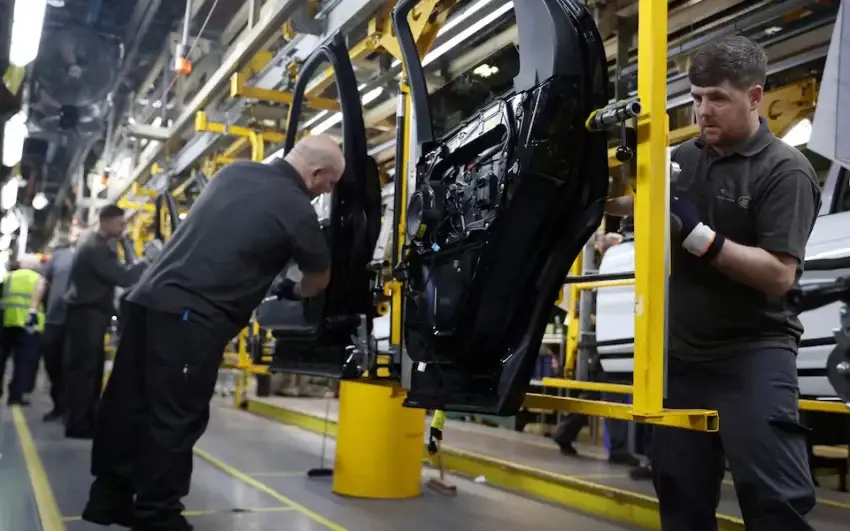Jaguar Land Rover (JLR) is ramping up efforts to reduce high repair costs for electric vehicle (EV) owners. The company is heavily investing in training thousands of mechanics worldwide.
This initiative is part of JLR’s broader strategy to prepare for the launch of the all-electric Range Rover and to electrify its entire vehicle lineup by 2030.
Expanding Mechanic Training
Jaguar Land Rover (JLR) is tackling high repair costs head-on by embarking on an extensive EV mechanic training programme. Currently, only 20% of mechanics are qualified to service electric vehicles (EVs), leading to higher fees and increased insurance premiums.
As part of its initiative, JLR has trained 95% of mechanics at its affiliated garages, equating to over 10,000 individuals worldwide. This includes over 1,600 mechanics in the UK alone.
Addressing the Skills Shortage
The shortage of EV-trained mechanics has driven up costs for EV drivers. With the average insurance premium for EVs reaching £1,344 by the end of 2023, there’s a pressing need for more qualified mechanics to mitigate these expenses.
Training thousands of mechanics is crucial as JLR prepares for the all-electric Range Rover launch later this year. The company aims to electrify its entire vehicle lineup by 2030.
Insider Perspectives
Barbara Bergmeier, JLR’s Executive Director of Industrial Operations, emphasised the importance of skilled personnel, stating, “The realisation of our strategy is dependent on the skill of our people, and a more diverse workforce brings additional strength.”
The company is also training around 2,400 factory workers in Britain in EV production methods, to enhance the production of EV parts.
Supply Chain Innovations
To boost supply chain resilience, JLR is bringing some EV component production in-house. Electric drive units will be produced in Wolverhampton, while batteries will be manufactured in Somerset by sister company Agratas.
This strategy includes exploring opportunities to produce inverters, transmissions, battery packs, battery cells, and battery control modules in-house.
Challenges and Solutions
Last year, JLR faced significant supply chain disruptions, causing delays at garages and leaving 5,000 cars awaiting repairs. In response, the company provided courtesy cars and announced improvements to the supply chain in early 2024.
These steps are part of JLR’s broader strategy to ensure smoother operations and better service for EV owners.
Industry Developments
The move towards electrification is part of a wider industry trend. UK car production fell for the second consecutive month in April 2024, as manufacturers retooled for new electric models.
Mike Hawes, SMMT’s Chief Executive, noted the expected drop in production, citing the significant transformations within factories as they prepare for electric vehicle manufacturing.
JLR’s commitment to extensive EV mechanic training marks a significant step towards reducing repair costs and insurance premiums for EV owners.
As the automotive industry increasingly shifts towards electrification, JLR’s proactive approach ensures they are well-prepared for the future.

